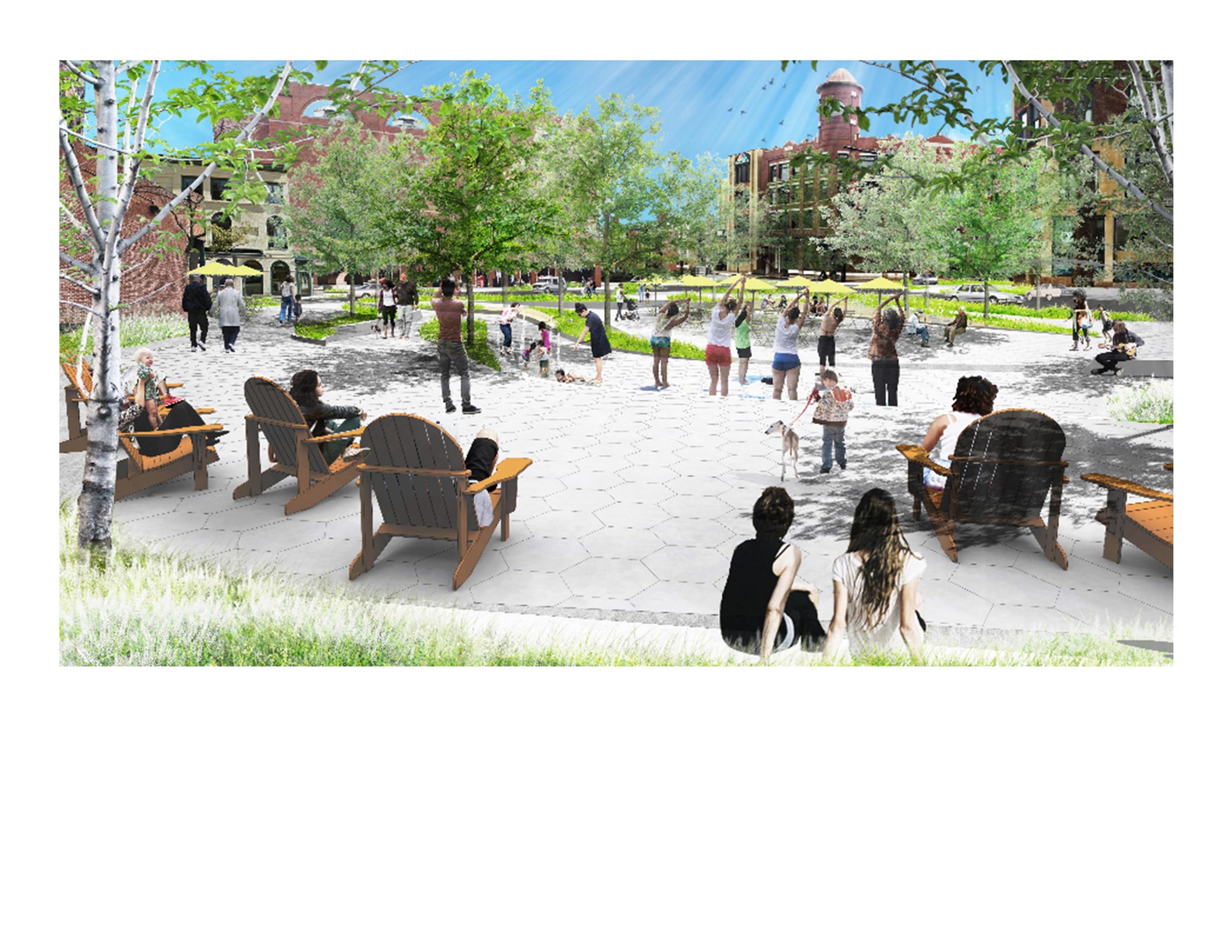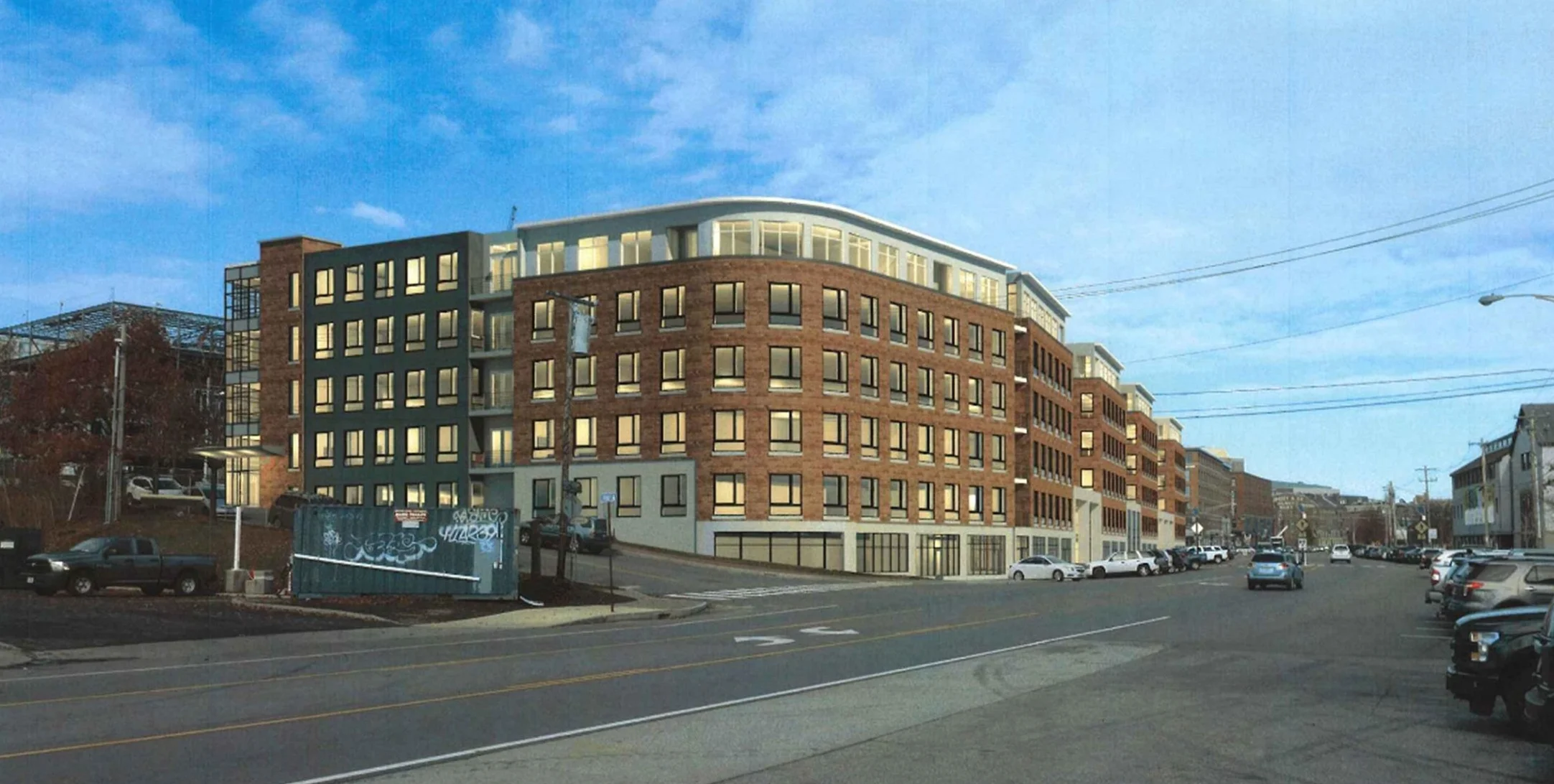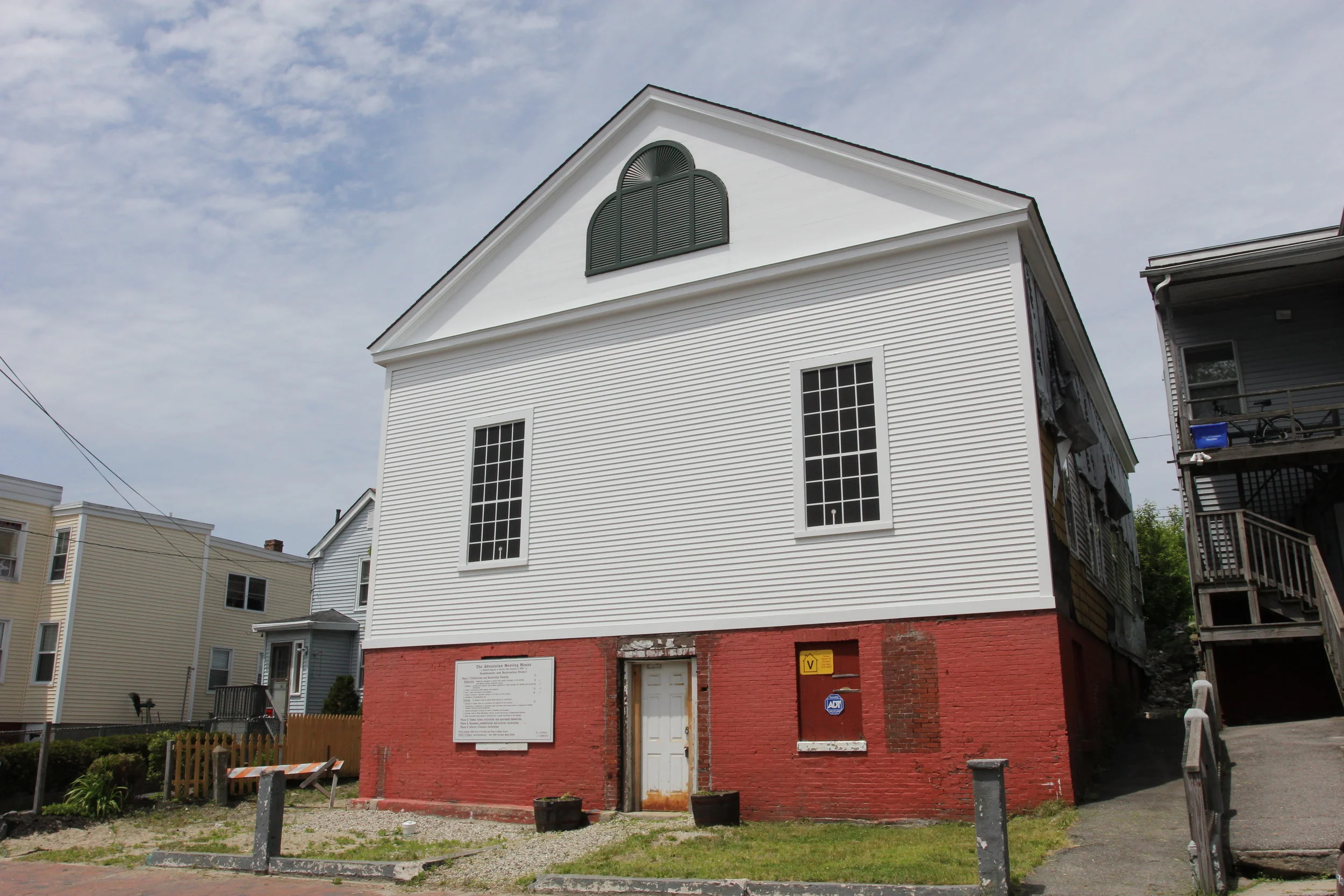The Draft Land Use Plan identifies target areas in the city for change or evaluation in the next decade. Map Courtesy of the City of Portland Planning Department
The City of Portland will hold another public hearing on Thursday, April 13th at 6PM to take public comment on the draft comprehensive plan. It is expected that the plan, with some possible minor modifications, will be forwarded to the City Council and presented in a council workshop on Monday, April 24th at 5PM.
Greater Portland Landmarks' staff and supporters have participated in public forums, workshops, and hearings as well as several meetings with city staff during the comprehensive plan's development. Our goal has been to insure that the plan reflects the incalculable contribution Portland's authentic sense of place makes to our city's economic, social, and cultural vitality.
Learn more about Greater Portland Landmarks comments on the draft Comprehensive Plan here.














